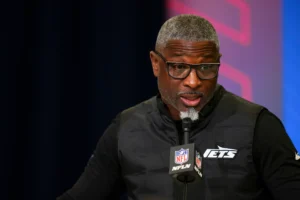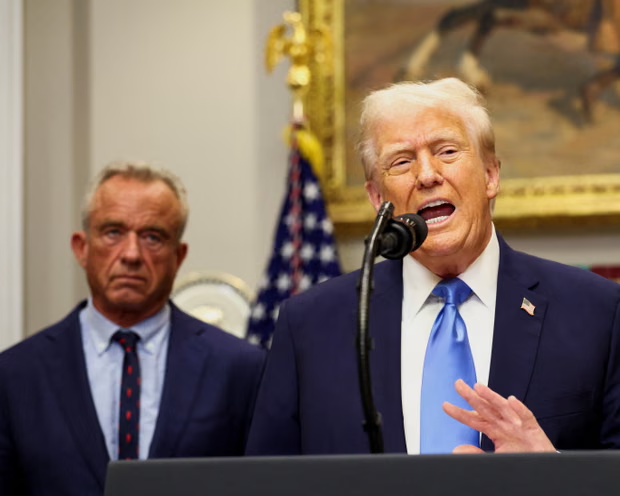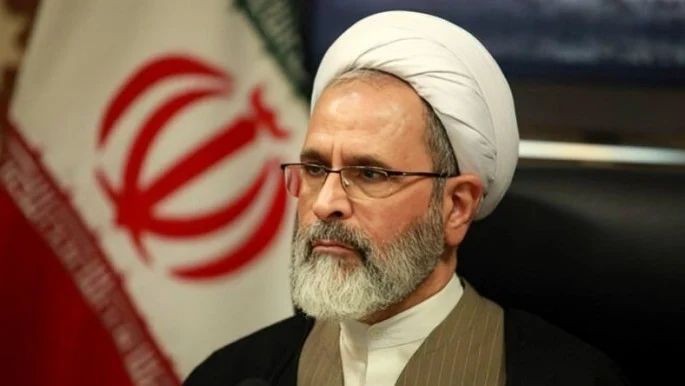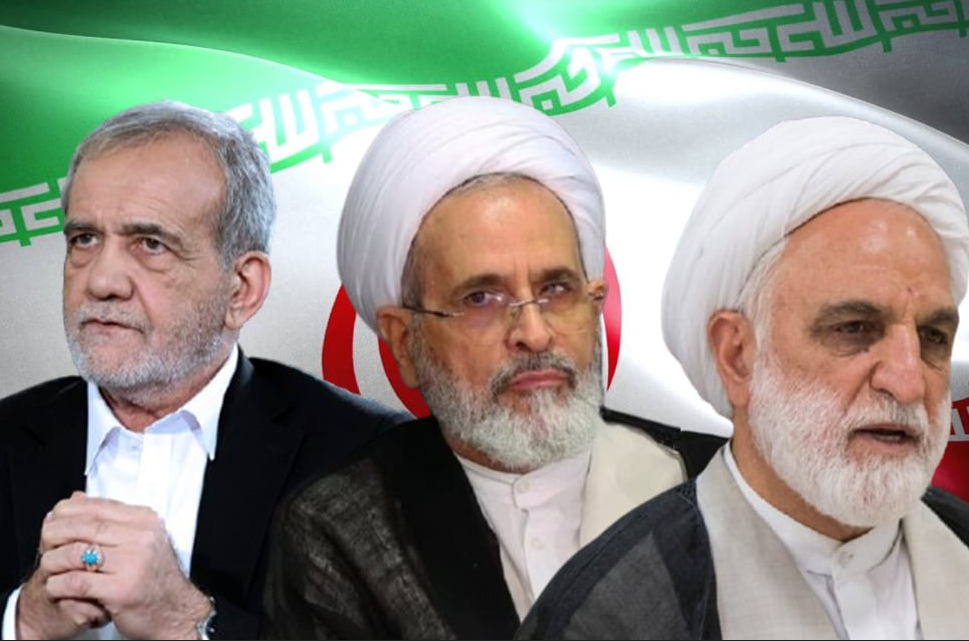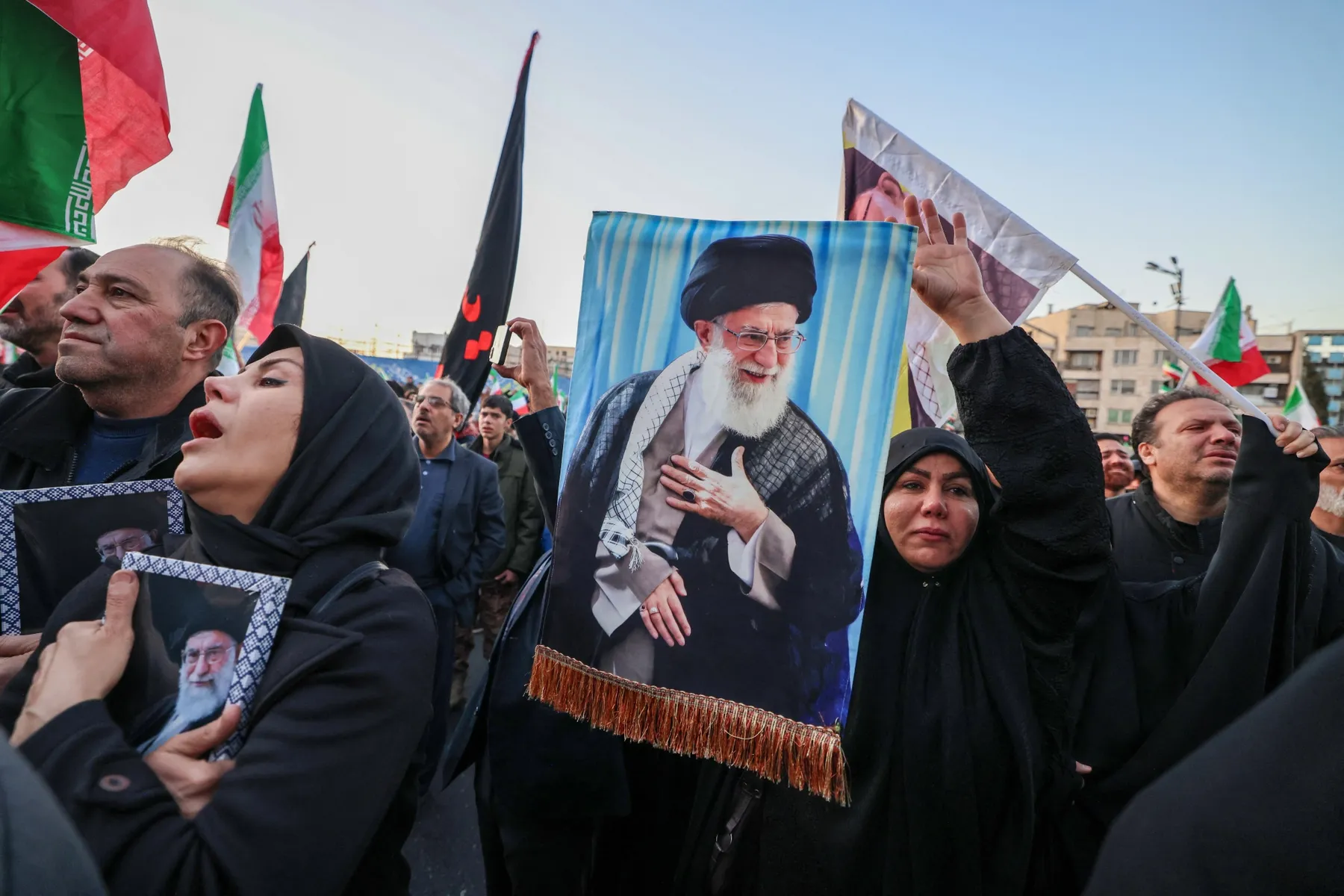U.S. President Donald Trump has signed an executive order officially designating Antifa as a domestic terrorist organization. The move follows his earlier statement that he would take action after the killing of political activist Charlie Kirk. The decision has sparked intense discussion across political and legal circles in the United States.
Antifa, short for “anti-fascists,” is not a single organization. It refers to a loose network of far-left activists who oppose fascism and right-wing ideologies. Over the years, Antifa-linked groups have been active in street protests, often clashing with far-right demonstrators. While its supporters view themselves as defenders against authoritarianism, critics say some members have resorted to violence and vandalism during protests.
In his executive order, Trump instructed all relevant government agencies to use their authority to target what he described as Antifa’s unlawful activities. The text of the order calls on federal departments to investigate, disrupt, and dismantle any operations linked to Antifa or carried out by individuals claiming to act on its behalf. It also directs prosecutors to pursue those providing financial or material support for activities tied to the movement.
The order states, “All relevant executive departments and agencies shall utilize all applicable authorities to investigate, disrupt, and dismantle any and all illegal operations – especially those involving terrorist actions – conducted by Antifa or any person claiming to act on behalf of Antifa.” The language also makes clear that this applies to funding sources that may be aiding Antifa-related actions.
The directive represents one of the strongest moves by a U.S. president against a domestic movement in recent years. Legal experts point out that applying a terrorism label to a broad and loosely organized activist network raises serious challenges. Unlike foreign terrorist organizations, Antifa does not have a central leadership, official membership, or a unified structure. Instead, it is composed of small, decentralized groups that share similar ideologies but operate independently.
Critics argue that the order could create confusion in law enforcement, as the definition of Antifa is not precise. Some legal scholars also note that targeting people for their political beliefs could raise constitutional concerns. Civil liberties groups warn that the move may discourage lawful protest and free expression, which are protected under the First Amendment of the U.S. Constitution.
Supporters of the order, however, say it is necessary to ensure public safety and hold violent actors accountable. They argue that individuals associated with Antifa have engaged in acts of destruction and intimidation that threaten communities. By designating the movement as a domestic terror group, they believe federal authorities will have stronger tools to investigate and prosecute such activities.
The timing of the order has also drawn attention, coming just days after the death of Charlie Kirk. Kirk was a conservative activist known for his outspoken views and public appearances. His killing has intensified debates over political violence in the United States, with both sides of the political spectrum blaming one another for escalating tensions.
Analysts say the executive order could have wide-reaching implications for how future administrations handle domestic protest movements. While foreign terrorist organizations can be formally listed under U.S. law, designating a domestic group in the same manner is unusual and may face legal challenges. Courts may be asked to decide how such a designation aligns with constitutional protections and established federal law.
Despite the uncertainty, Trump’s move marks a clear political message. It signals a harder stance against groups he and his supporters see as dangerous and destabilizing. The order reinforces Trump’s long-standing criticism of Antifa, which he often portrayed as a key source of unrest during his presidency.
For now, federal agencies are expected to begin implementing the directive. How they will define Antifa-linked activities and what specific steps they will take remains to be seen. The effectiveness of the order will likely depend on how investigators interpret its broad instructions and how courts respond to potential legal challenges.


